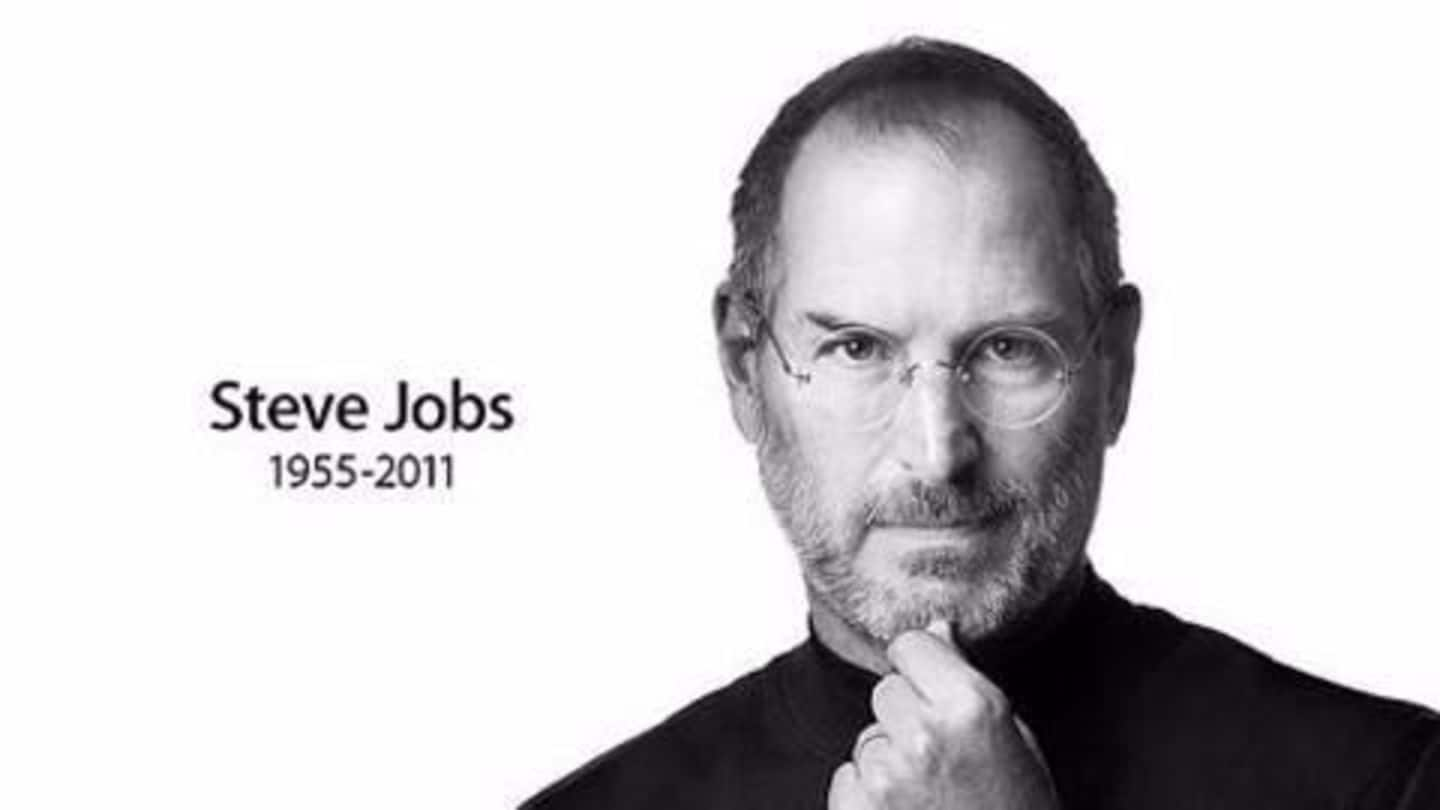
Celebrating the 62nd birthday of the late Steve Jobs
What's the story
Apple co-founder and business legend Steve Jobs would have turned 62 today. Yet, in the short 56 years that the turtleneck-wearing tech guru lived, he revolutionized technology as we know today, not because of his technical expertise, but because of his vision. We take a brief look at some of the industries he changed forever, and how that shaped technology as we know it.
Personal computing
The Macintosh and personal computing
All of our computers today use what is called a graphical user interface (GUI) which allows us to interact with the device. GUIs were brought into the mainstream and popularized by Apple's Macintosh. Although Steve Jobs didn't invent the Macintosh, he oversaw the Macintosh project, realized its potential, and transformed the idea into a marketable product, thus changing the personal computing industry forever.
Quote
Innovation through the words of an innovator
"Innovation distinguishes between a leader and a follower." - Steve Jobs
Animation
Steve Jobs and Pixar
In 1986, Steve Jobs acquired Pixar for $5 million, and guided the company into the animation giant it is today. In 1986, Pixar's efforts to sell proprietary hardware was failing miserably. Jobs sold the hardware division in 1990, and by 1991, Pixar had penned a deal worth $26 million with Disney for three full-length feature films. The rest, as they say, is history.
Music
The wonders of digital music
Jobs played a massive role in shaping digital music as we know it today. Realizing that the devices in the industry were terrible, Jobs put together a team which would come up with the iPod. In January 2001, Apple released the free app iTunes, got people hooked to the wonders of digital music, and followed it up with the iPod's release in October 2001.
Quote
A man obsessed with design
"Design is not just what it looks like and feels like. Design is how it works." - Steve Jobs
Mobile computing
And the crown jewel: The iPhone
Last but not least is the iPhone. In 2004, after ditching the Newton project, Jobs started appointing people to research touchscreen technology for phones. When Apple released the iPhone in 2007, people expected a mobile phone with iTunes like ability, but instead got a pocket computing and communication device which revolutionized the way we access the internet. Every smartphone today follows the iPhone archetype.